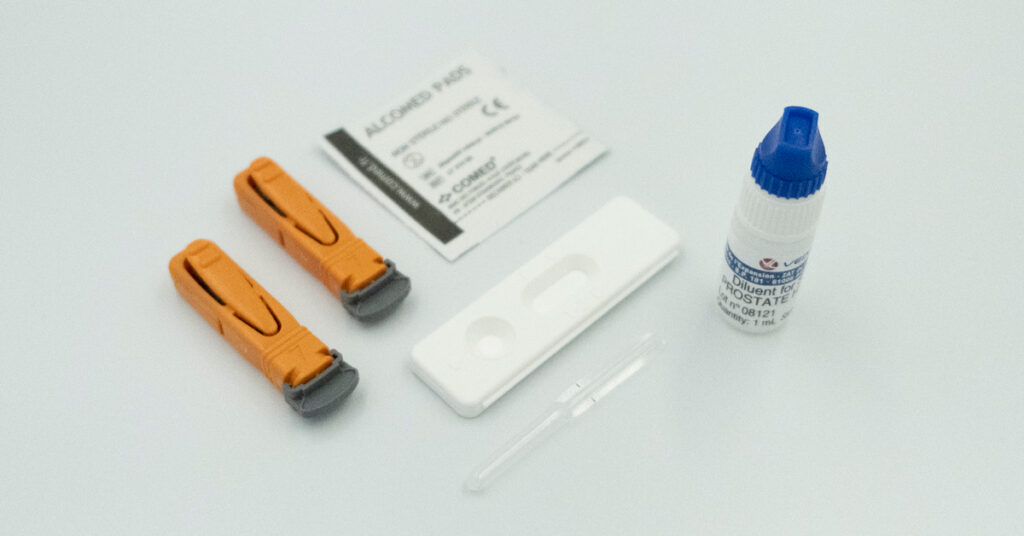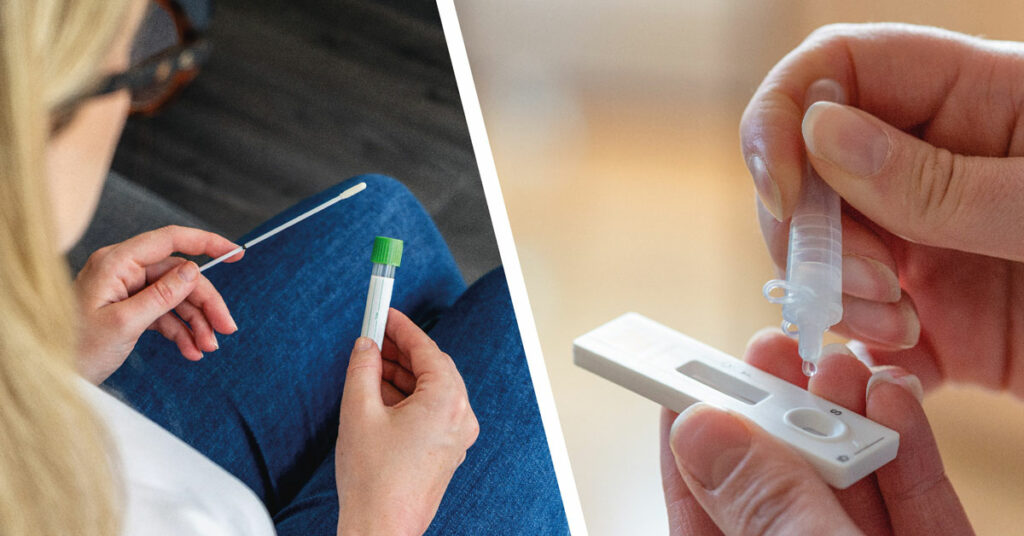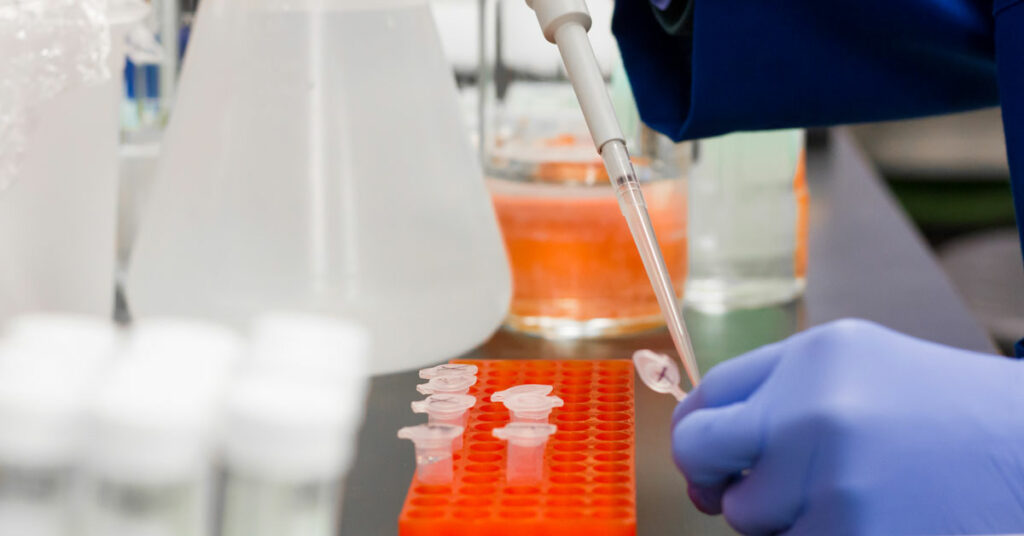Type 2 diabetes is a common condition that causes glucose (sugar) levels in the blood to become too high. It is caused by problems with a hormone in the body called insulin.
You will suffer from health issues if your body cannot produce and use insulin correctly, as insulin is vital to process and transport glucose to the cells in our body to give us energy.
Let’s take a closer look at type 2 diabetes, its causes, and the difference between type 1 and type 2 diabetes.
What is Type 2 Diabetes?
Diabetes UK, The British Diabetic Association, defines Type 2 Diabetes as “a serious condition where the insulin your pancreas makes can’t work properly, or your pancreas can’t make enough insulin. This means your blood glucose levels keep rising.”
Another instance of Type 2 Diabetes is called “insulin resistance”, where your body cannot respond to the amount of insulin it is producing.
Type 2 diabetes is also called “adult-onset” diabetes as it used to be diagnosed late in life, usually between the ages of 45 to 64. It is also more traditionally connected with lifestyle factors rather than genetic ones. However, increasing incidences of childhood obesity and early diagnoses of diabetes mean it is not referred to as adult-onset diabetes as frequently anymore.
What is Type 2 Diabetes caused by?
Type 2 diabetes may be caused by:
- Family History. Some scientific research has suggested that family history can play a significant role in whether someone develops Type 2 diabetes or not. However, another school of thought believes that the development of type 2 diabetes is connected more to nurture than genetics. This means that if someone has an unhealthy lifestyle that has led their family members to develop type 2 diabetes, there is an increased risk of developing type 2 diabetes if you follow the same lifestyle.
- Genetics. Research has shown that your genes may affect the beta cells of the pancreas that are responsible for the production of insulin. Changes in the beta cells may reduce the insulins sensitivity to glucose, leading to type 2 diabetes.
- Insulin Resistance. This condition occurs when the insulin present in your body cannot absorb the excess glucose in your blood. The cells in your fat, liver and muscles don’t acknowledge the signals that insulin is trying to stimulate in the body, so glucose cannot be moved into the cells.
What are the most common risk factors for type 2 diabetes?
There are four main risk factors for type 2 diabetes, and these are:
- Ageing. It is believed that the risk of being diagnosed with type 2 diabetes increases much more from 45 years due to doing less exercise, an increase in body fat and the loss of muscle mass.
- Body Weight. If you are overweight, then there is an increased chance you will be diagnosed with type 2 diabetes, and if you are diagnosed with it, it will be harder to control in the long run. Insulin resistance is also more common in those who are overweight.
- Exercise. Regular exercise will help your body to use glucose more effectively and also help to control your blood sugar levels as well. If you live a sedentary lifestyle, you will also risk reduced insulin sensitivity.
- Nutrition. Good nutrition is vital for your overall health, but it also has a significant effect on your risk of developing type 2 diabetes. If your diet is high in preservatives and sugar, your risk of type 2 diabetes will be higher. Poor nutrition can also lead to weight gain, another risk factor for type 2 diabetes.
Type 1 and Type 2 Diabetes: What’s the difference?
There are many similarities between type 1 and type 2 diabetes, as well as some differences:
- Type 1 diabetes is an autoimmune condition, whereas type 2 diabetes develops over time due to insulin resistance
- Type 1 diabetes occurs when the pancreas is producing too little insulin, whereas type 2 diabetes occurs when the pancreas is producing insulin at normal levels by the cells of the body have become resistant to it
- Diet, exercise and other lifestyle changes will have a limited impact on type 1 diabetes but a positive impact on type 2 diabetes
- Type 2 diabetes is the slow deterioration of the beta cells of the pancreas, whereas type 1 diabetes is the total deterioration of these cells
- People who have type 1 diabetes may be dependent on insulin for the rest of their lives, whereas people living with type 2 diabetes may only require insulin at interval periods
If you are concerned that you may have symptoms of diabetes or are simply interested in knowing what your blood sugar levels are, then it easy to do this in the comfort of your own home with our blood glucose test.
Buy an At Home Blood Glucose Test
Further Reading
- NHS – Type 2 diabetes
- Diabetes UK – Type 2 diabetes
- Diabetes.co.uk – Type 2 diabetes











